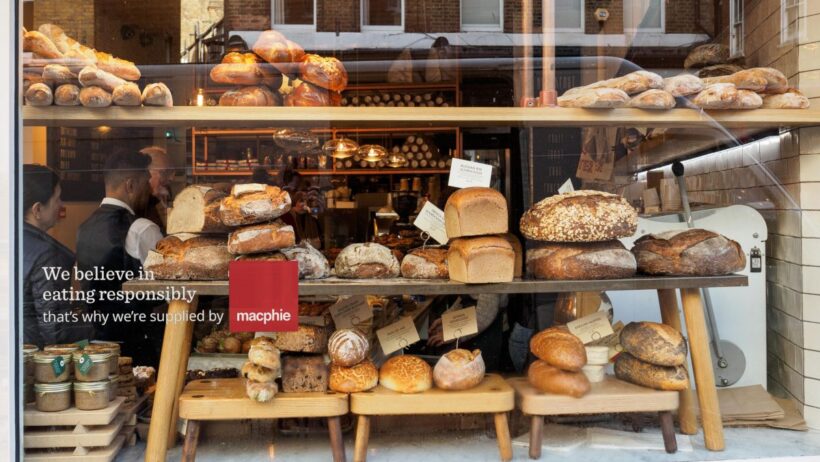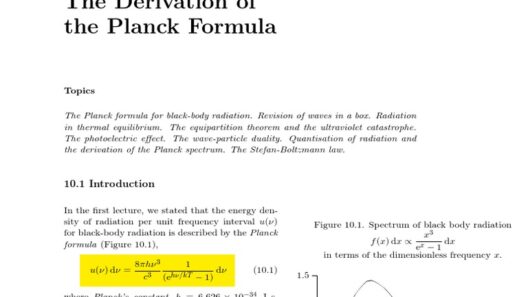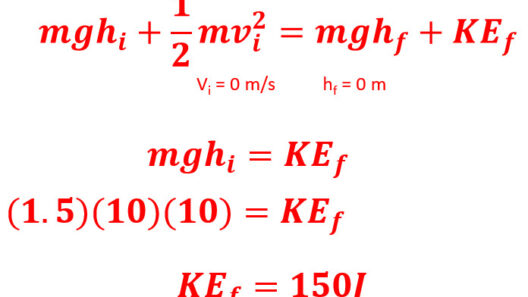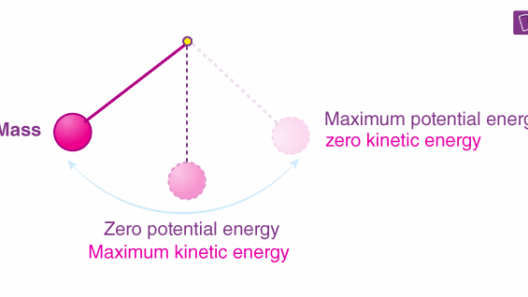In the modern culinary landscape, bakeries stand as emblems of creativity and indulgence. However, they also contribute significantly to energy consumption and environmental strain. As connoisseurs of delectable pastries and bread, we frequently overlook the energy costs associated with baking. Embracing energy-saving practices in these beloved establishments is paramount, not only for cost-efficiency but also for environmental sustainability. Let’s delve into innovative methods for reducing energy usage while maintaining the quality and integrity of baked goods.
First and foremost, the choice of equipment holds pivotal importance. A commercial bakery is rife with energy-consuming appliances, including ovens, mixers, and refrigerators. Investing in energy-efficient equipment can yield remarkable savings. Look for ENERGY STAR-certified appliances, which have been rigorously tested for their efficiency. These modern machines are designed to operate with less energy, translating to a lower carbon footprint without compromising performance.
Moreover, the strategic placement of equipment is often overlooked. Consolidating energy-intensive appliances in a centralized area can mitigate energy loss. Adequate insulation around appliances, particularly ovens and coolers, will prevent energy waste. A well-organized bakery layout enhances not only workflow but also minimizes unnecessary energy expenditure. This spatial awareness can significantly contribute to energy savings.
Temperature management is another crucial element. Bakers can master the art of efficient baking through meticulous monitoring and control of oven temperatures. Utilizing programmable thermostats allows bakers to optimize baking times and temperatures, ensuring each product is baked at its peak while concurrently reducing energy consumption. Regular calibration of oven thermometers can help ensure optimal performance and prevent energy waste.
Furthermore, employing convection ovens can be a game changer. Unlike conventional ovens, which heat the air and rely on stationary heat, convection ovens circulate hot air using fans. This method promotes even cooking and often decreases the overall cooking time, leading to reduced energy usage. In addition, bakers should consider batch baking, which maximizes the use of the oven’s capacity, allowing multiple products to be baked simultaneously. This technique not only conserves energy but also heightens overall productivity.
Insulation and ventilation play vital roles in energy conservation. Ensuring that doors are well-sealed and that windows are double-glazed can minimize energy loss. Additionally, proper ventilation can enable cooling systems to operate more efficiently, preventing the overuse of air conditioning in warmer months. The installation of exhaust hoods with energy-efficient motors is recommended, as they can dramatically improve energy efficiency within the workspace.
Incorporating renewable energy sources can also be an effective strategy. Solar panels have gained traction among environmentally-conscious bakeries, providing a sustainable energy alternative. By harnessing solar power, bakeries can significantly reduce their reliance on grid energy, leading to lower operational costs over time. Not only does this reduce the ecological impact, but it also enhances the establishment’s reputation as an eco-friendly business.
Moreover, a bakery’s operational hours can significantly impact energy consumption. By strategically scheduling baking sessions during off-peak hours, bakeries can benefit from lower energy rates. Implementing a cohesive scheduling strategy that minimizes energy use during peak demand will lead to further cost savings and promote energy conservation.
Bakers can also prioritize seasonal ingredients. By sourcing local, in-season produce, they can reduce the energy associated with transportation and storage. Furthermore, this practice supports local economies and fosters a connection with the community. It’s a win-win situation that promotes sustainability while delivering fresh and flavorful baked goods.
Waste management should not be overlooked in the discussion of energy efficiency. Implementing a robust recycling program and minimizing food waste can create additional savings. Beyond just recycling, composting organic materials can reduce landfill contributions and potentially provide nutrient-rich soil for local farmers, closing the loop on local food systems. This holistic approach not only saves energy but also aligns with the principles of sustainability.
Employee training is essential for fostering an energy-conscious culture within the bakery. Facilitate workshops that educate staff on energy-saving practices, such as turning off equipment when not in use and maintaining efficient cleaning habits. Empowering employees to contribute toward energy conservation instills a sense of ownership and responsibility towards sustainability goals.
It is also prudent to engage in regular energy audits to assess current practices and identify potential areas for improvement. Working with energy consultants can reveal hidden inefficiencies and provide tailored solutions to reduce energy consumption further. This periodic assessment can result in actionable insights, enabling bakeries to maintain their commitment to energy efficiency over time.
Lastly, leveraging technology can enhance energy management. Smart meters and energy management systems facilitate real-time monitoring of energy usage, allowing bakers to analyze patterns and make informed decisions regarding their operations. This technological integration creates an opportunity to optimize energy usage, leading to further reductions in consumption and costs.
In conclusion, energy conservation is an essential component of running a successful bakery. By adopting these recommended practices, bakeries can significantly reduce their energy consumption while simultaneously enhancing their reputation as environmentally responsible businesses. The path toward sustainability is not just a trend; it’s a responsibility that bakeries should embrace for the sake of future generations. Implementing energy-saving practices not only preserves our planet but also ensures the continuity of the cherished craft of baking.







